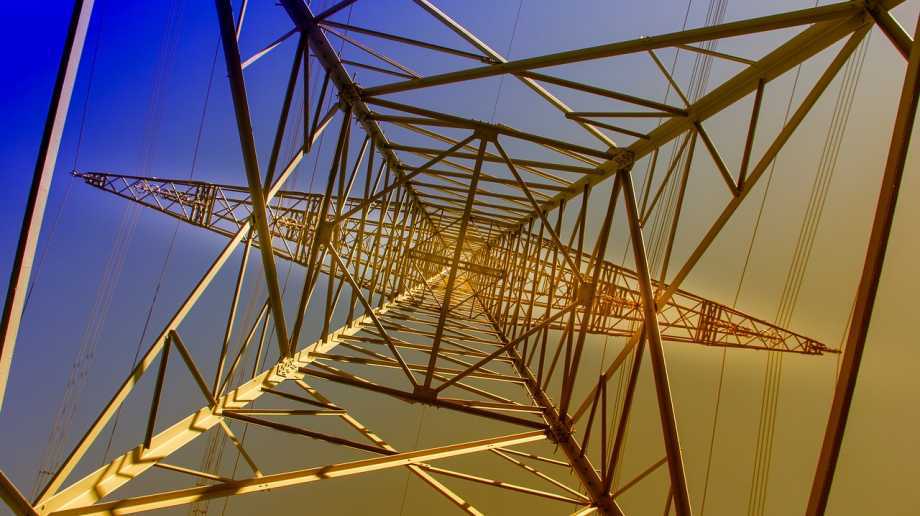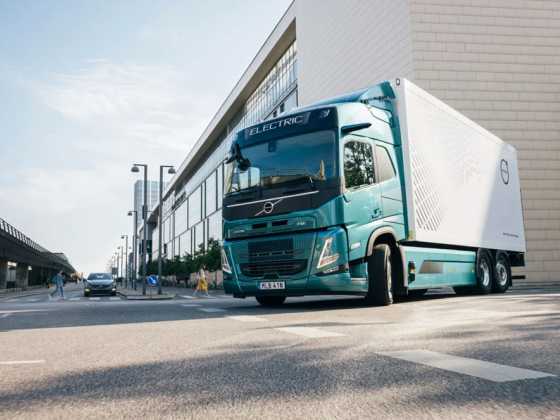Ofgem consults on proposals to encourage off-peak charging

Ofgem is encouraging electric vehicle drivers to adopt 'flexible' charging practices – during out of peak hours – to keep costs down and allow the grid to meet the extra demand that EVs bring.
Ofgem is consulting on plans which will reduce the cost to consumers of meeting the extra demand from electric vehicles as well as connecting them and more renewable generation, battery storage and other new technologies to the grid.
According to Ofgem analysis, if owners use ‘flexible’ charging - where they only top up outside peak demand times on the grid – at least 60% more EVs could be charged up compared with ‘inflexible’ charging where electric vehicles are only charged at peak times.
Flexible charging does this by allowing electric vehicles to be charged when energy prices are cheapest, for example when wind and solar power is generating lots of electricity or when there is less demand across the system.
Flexible charging also helps to keep energy costs down for all consumers as technology allows stored electricity from electric vehicle batteries to be sent back onto the grid when it is needed.
Ofgem’s proposed reforms will give incentives for customers to charge their electric vehicles at the right time. The reforms will free up existing grid capacity to allow new generators, including businesses or other organisations which want to generate their own power on-site, to get connected to the grid more quickly. The reforms would make the electricity system more efficient by giving generators and other users more choice and flexibility on how they connect to the grid.
Jonathan Brearley, executive director, systems and networks, Ofgem, said: “Ofgem is working with the government to support the electric vehicle revolution in Britain which can bring big benefits to consumers. Our reforms will help more users charge their electric vehicles and save them money.
“The proposals we have announced will also harness the benefits of electric vehicles and other new technologies to help manage the energy system and keep costs down for all consumers.
“The way we generate, transport and use electricity – and power our cars - is undergoing a radical transformation in Great Britain.
“Ofgem will ensure that the energy system is fit for this exciting, cleaner future and at the lowest cost for consumers.”



